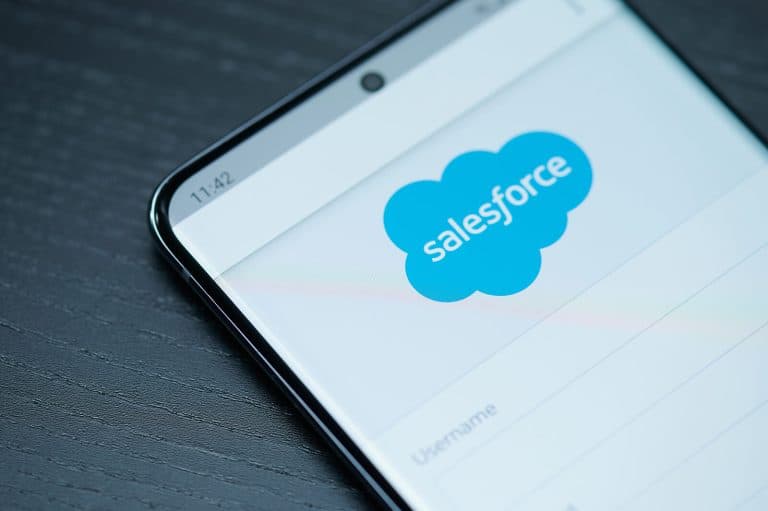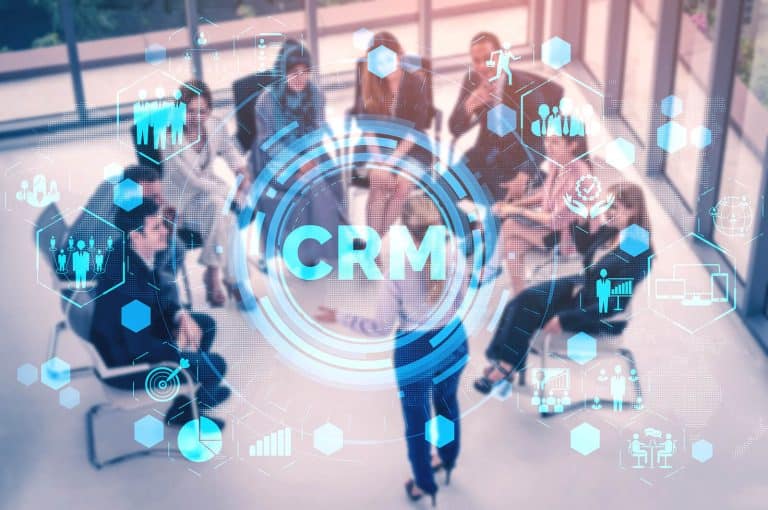Customer Relationship Management or CRM encompasses a range of techniques and technologies that enable commercial organizations to collect and track information concerning their customers, harness operational and general business intelligence, and set about the processes of improving sales, enhancing the experience of consumers, and delivering better support and service to their customers. However, these processes are not limited to the retail or marketing sectors. For example, in healthcare CRM serves the dual functions of improving outcomes for patients and streamlining the operations of health providers.
Table of Contents
ToggleCustomer Relationship Management in Healthcare
CRM in healthcare industry applications aggregates a range of different information sources such as patient demographics, patient interactions with call centers and health provider websites, financial transactions with hospitals or clinics, and other relevant data to create a comprehensive profile of the consumer — who in the healthcare sense, is primarily the patient.
For healthcare providers, then, the main focus of Customer Relationship Management is to assist in retaining existing patients and attracting new ones. In this sense, health customer retention can come about using CRM to improve their current treatment regimes and increase the convenience and satisfaction that patients experience when interacting with their health providers.
CRM can also assist in identifying new opportunities for patient care and service delivery. These opportunities can range from establishing which patients on a provider’s roster will most benefit from a particular service or procedure to pinpointing those individuals who should be targeted for special attention — for example, patients who require regular testing or follow-up visits, but have been neglecting their appointments.
At the operational level, CRM in the health sector can help organizations improve their operations and internal processes. For example, this might occur by using automation to streamline finance and billing processes or optimize an institution’s resources management.
Addressing the Specific Needs of Healthcare Facilities
CRM implementation for hospitals has to take a different tack from Customer Relationship Management in commercial enterprises or even for non-profit organizations. Hospital CRM must address the challenges of creating awareness of what’s on offer within the various communities served by different health facilities. With local populations often in a state of flux, this requires continuous and large-scale marketing endeavors.
To support this marketing, hospital CRM systems are becoming increasingly reliant on big data, whose collection and analysis informs not only the approach to the patient population but also the financial coordination of a hospital’s marketing efforts. For example, CRM systems using big data must fuse information from ongoing campaigns with downstream patient revenue figures to provide meaningful data enabling hospitals to calculate their Return On Investment (ROI).
CRM marketing automation tools for hospitals can be instrumental in enabling institutions to reach out to physicians and other medical practitioners. Hospital CRM platforms with automated marketing help in managing business to a physician or B2P relationships.
Customer Relationship Management technology is also assisting hospitals in promoting and selling specific treatment schemes, such as weight loss programs and joint replacement procedures. A mix of marketing automation landing pages, calls to action (CTAs), and micro websites are used to attract potential patients in a typical implementation. Hospitals can then set up dedicated call centers to deal with inquiries. The hospital CRM system enables end-to-end management of the entire process.
The Healthcare CRM Feature Set
Although the healthcare CRM software in the current market offers a diverse range of features, the core components of a modern CRM system for the health sector are standard and should be common to all. They include:
- A suite of tools for patient management: These should include features for creating and managing appointments, and logging notes, prescriptions, and other information relevant to each patient.
- Tools for communicating with existing patients and prospects: These may include an in-built phone or chat system, and email. Email automation should provide options for sending out automatic Welcome messages to first-time visitors and features for crafting and managing follow-up campaigns for marketing and outreach.
- Tools for data analysis and reporting: Business analytics tools should cater to non-technical users, with customizable dashboards and visualizations and options for creating custom reports.
- Compatibility with multiple devices and platforms: Support for mobile phones and tablets is essential here. This gives medical professionals and caregivers easy access to their CRM system from any location with internet access.
- Interoperability and integration with existing systems and tools: Seamless interaction with existing tools and platforms such as Human Resource (HR) management, appointment calendars, and specific units of a facility facilitates information flow and eliminates the need for duplicate data entries.
The Issue of HIPAA Compliance
For the health and life sciences sectors, the Health Insurance Portability and Accountability Act (HIPAA) sets out the rules and regulatory framework governing the ways that organizations and individual practitioners must handle health information and data privacy.
Ensuring the privacy and security of patient information is key to compliance with this regime. Among the data types that fall under the general category of protected health information under HIPAA are:
- The names, addresses, demographics, and contact information of individual patients.
- Biometric data, such as fingerprints or retinal scans.
- Patient medical histories, including issues like past surgeries, allergies, and treatments.
- Details of ongoing care plans.
- Patient social security and vehicle license plate numbers.
- IP and email addresses.
If information like this is poorly stored, handled, or transmitted, it can easily fall into the wrong hands and be sold or used for fraud and identity theft. And individuals or organizations liable to HIPAA rules that are found guilty of poor data governance may face legal action, which can result in fines of millions of dollars — or even prosecution.
Little wonder then that, besides the feature set described above, a HIPAA compliant CRM is an absolute must for anyone in the health sector looking to seriously implement Customer Relationship Management. Such a system should provide strong access controls, user authentication, and different levels of security for each user. Different levels of security should also extend to each information record and database, with protocols to ensure that only people with appropriate authorization can access the information that they strictly require to do their job.
In addition, HIPAA compliant CRM software should cover every aspect of the buyer life cycle — from sales to customer service, to referrals. Among the CRM products that comply with the latest healthcare information privacy rules are:
Enquire CRM
A Customer Relationship Management solution tailored for residential facilities serving senior citizens and post-acute care, such as nursing homes and hospices.
NexHealth
A CRM platform emphasizing user-friendly tools targeting health facilities of all sizes.
PatientPop
Customer Relationship Management for physicians and doctors who run private practices or multi-provided practices.
Top Healthcare CRM Platforms
Among the market-leading healthcare CRM systems that provide HIPAA compliance are the following:
BestNotes
From its headquarters in Indiana, BestNotes offers CRM software to the substance abuse and behavioral health vertical. The platform provides a patient calendar for monitoring appointments and keeping track of patients who don’t show up for their therapy sessions and consultations. BestNotes is available as a mobile app with an intuitive task management tool for work assignments.
HIPAA CRM
Though its user interface looks somewhat dated, HIPAA CRM provides a cost-effective and powerful CRM tool for the real-time management of medical sales, revenue, and financial figures. The software offers a range of rich reporting tools, which users can customize to suit the particular needs of their business.
Influx MD
Aimed at smaller healthcare organizations, Influx MD provides a central resource for managing Facebook and email integration, and secure, HIPAA compliant forms to assist users with insurance and authorization matters. The platform also provides a self-service support portal for healthcare consumers.
Salesforce Health Cloud
Salesforce Health Cloud is a Software as a Service (SaaS) CRM offering that provides a secure platform for the storage of patient electronic health records. The platform also provides tools for making these records accessible to all parties authorized to view them.
Health Cloud can segment patients into groups based on their various health conditions and uses Einstein-based analytics to create extensive patient profiles and give an in-depth picture of each patient’s condition.
Zendesk Sell
Though less tailored to the specific needs of the healthcare industry, Zendesk Sell focuses on medical sales, with a range of attractive email templates for medical email marketing campaigns. The Zendesk CRM platform also offers offline access to its users.




